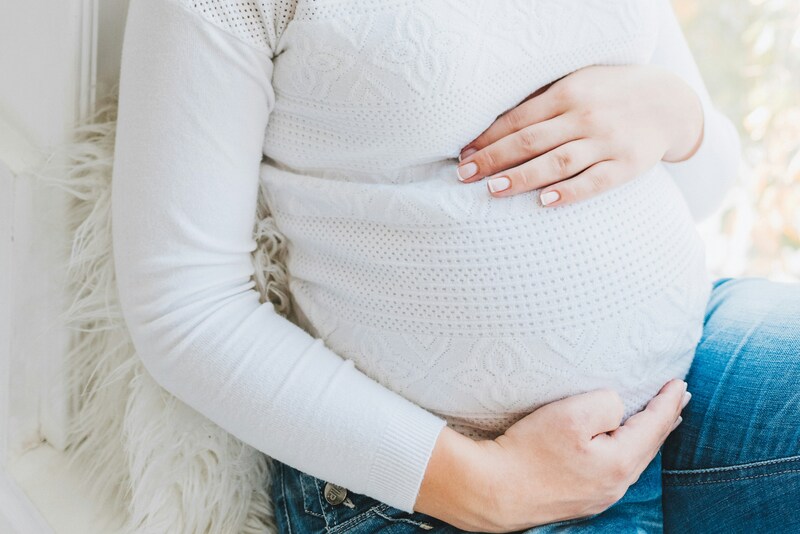On Tuesday, the 4th of June, 2024, the People’s Representative Council of Indonesia (DPR RI) officially passed the bill called the Mother and Child Welfare Law (UU KIA).
One of the new regulations within UU KIA is an update to the maternity leave policy. According to the recently passed UU KIA, a female employee is now allowed to take maternity leave of up to six months. Previously, Indonesian Law (UU) Number 13 of 2003 concerning Employment regulated that the maximum duration of maternity leave was three months.
Furthermore, as stated in UU KIA, the duration of maternity leave is extended to a maximum of six months, with provisions for a minimum leave of three months and additional leave of a maximum of three months if there are special conditions, as proven by a doctor’s letter of statement.
UU KIA also breaks down the salary that female employees receive during maternity leave. The regulation stipulates that employees who take maternity leave cannot be dismissed from their respective jobs and are entitled to full wages for the first four months of leave. However, for the fifth and sixth months of their maternity leave, they receive 75% of their monthly wage.
“This draft law comes with the hope that we can resolve the problems of mothers and children in the first thousand days of the children’s lives so that we can usher in Golden Indonesia 2045,” said the current Indonesian Minister of Women’s Empowerment and Child Protection, I Gusti Ayu Bintang Darmawati, to the press on the same day.
So far, UU KIA has received mixed responses from social experts and observers. The Chairwoman of the Federation of Indonesian Women’s Trade Unions (FSBPI), Jumisih, welcomed the new regulation. However, she was concerned about the feasibility of putting the new maternity leave policy into practice.
“The fact remains that, up until now, it is still difficult for female workers to ask for a three-month maternity leave. Now that they can ask for six months of maternity leave, I think this is going to be even more difficult to manifest,” Jumisih told the press on Wednesday, the 5th of June.
The President of the Confederation of All Indonesian Trade Unions (KSBSI), Elly Rosita Silaban, also embraced the recently passed UU KIA. Nonetheless, she remained cautious of the possibility that the new policy could end up harming the opportunities for women in Indonesia to enter the workforce. In reality, companies are not always on the same page as the government.
“It’s good that women are allowed six-month maternity leave, but this extended period of leave shouldn’t have other impacts,” opined Silaban.
The Chairman of the Employment Sector of the Indonesian Employers’ Association (Apindo), Bob Azam, shared a different perspective regarding the six-month maternity leave. He observed that, in reality, not all companies in Indonesia can financially afford their female employees to be out of the workplace for six months.
“Maternity leave is a right inherent in female employees, which is also regulated in the Labour Law. However, a solution must be found for small companies whose capabilities are limited, such as mass-producing clothing factories or companies with under one hundred employees,” added Azam.




